Each year older customers lose approximately $2.9 billion to fraud, but it is suspected that number is drastically underestimated because only 1 in 44 seniors report financial abuse. HomeTown Bank is joining the national effort to protect seniors from becoming victims of fraud and financial abuse through Safe Banking for Seniors, a new financial education program established by American Bankers Association Foundation to help combat this growing problem.
“Scammers are always trying to find a way to commit fraud, often targeting our seniors. The Save Banking for Seniors presentations will provide seniors and their caregivers with knowledge to protect themselves from any financial or data losses” says Julie Krueger, HomeTown Bank’s SVP of Operations.
HomeTown Bank also offers the following tips for seniors and their financial caregivers:
- Know the warning signs of scams. Scammers are always thinking of new ways to steal from seniors, but knowing the warning signs of scams will help stop fraud in its tracks. Paying fees or taxes for sweepstakes or lottery “winnings”, acting immediately on an offer or insisting on secrecy are characteristics of some types of fraud. When in doubt, talk to a trusted advisor, family member or friend.
 Protect your financial identity. Some scammers are more interested in stealing financial identities to open new credit cards or loans in seniors’ names. Shred receipts, bank statements and unused credit card offers before throwing them away. Never give personal information, including Social Security Number, account number or other financial information to anyone over the phone unless you initiated the call and the other party is trusted.
Protect your financial identity. Some scammers are more interested in stealing financial identities to open new credit cards or loans in seniors’ names. Shred receipts, bank statements and unused credit card offers before throwing them away. Never give personal information, including Social Security Number, account number or other financial information to anyone over the phone unless you initiated the call and the other party is trusted.- Choose a responsible financial caregiver. Sadly, family members and friends can also take advantage of seniors and leave them in financial ruin. Plan ahead for the day that you may not be able to manage finances on your own.
- Talk to your banker about options to ease financial caregiving responsibilities. Banks offer a wide range of services to help seniors and financial caregivers manage finances in accordance with seniors’ needs and desires. See this infographic about the risks of using a traditional joint account for financial caregiving.
For more consumer tips, see the Consumer Resources section at aba.com/Seniors.






